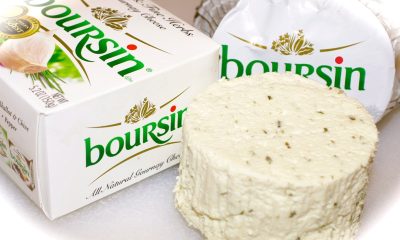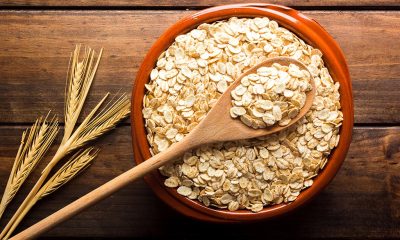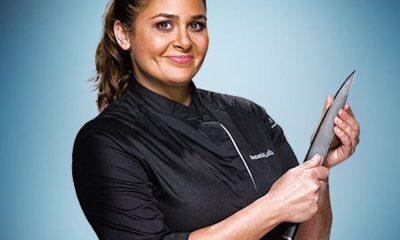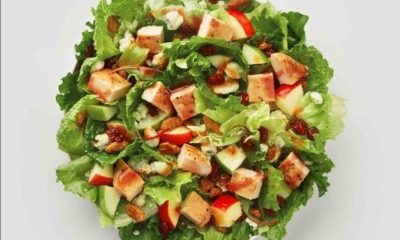Food Safety
Foods That Should NOT Be Frozen
While your freezer is a great tool that can help you plan ahead when preparing meals and also preserve certain foods for longer, it is not an ideal place to store all foods. In fact, storing some foods in the freezer may outright ruin them.
Keeping the wrong foods and food items in the freezer can lead to unpleasant meals and could even pose some health risks. That is why it is important to be careful about which foods you store in your freezer.
In this article, we are going to be covering some of the foods that you should avoid storing in your freezer at all costs. Continue reading to learn more!
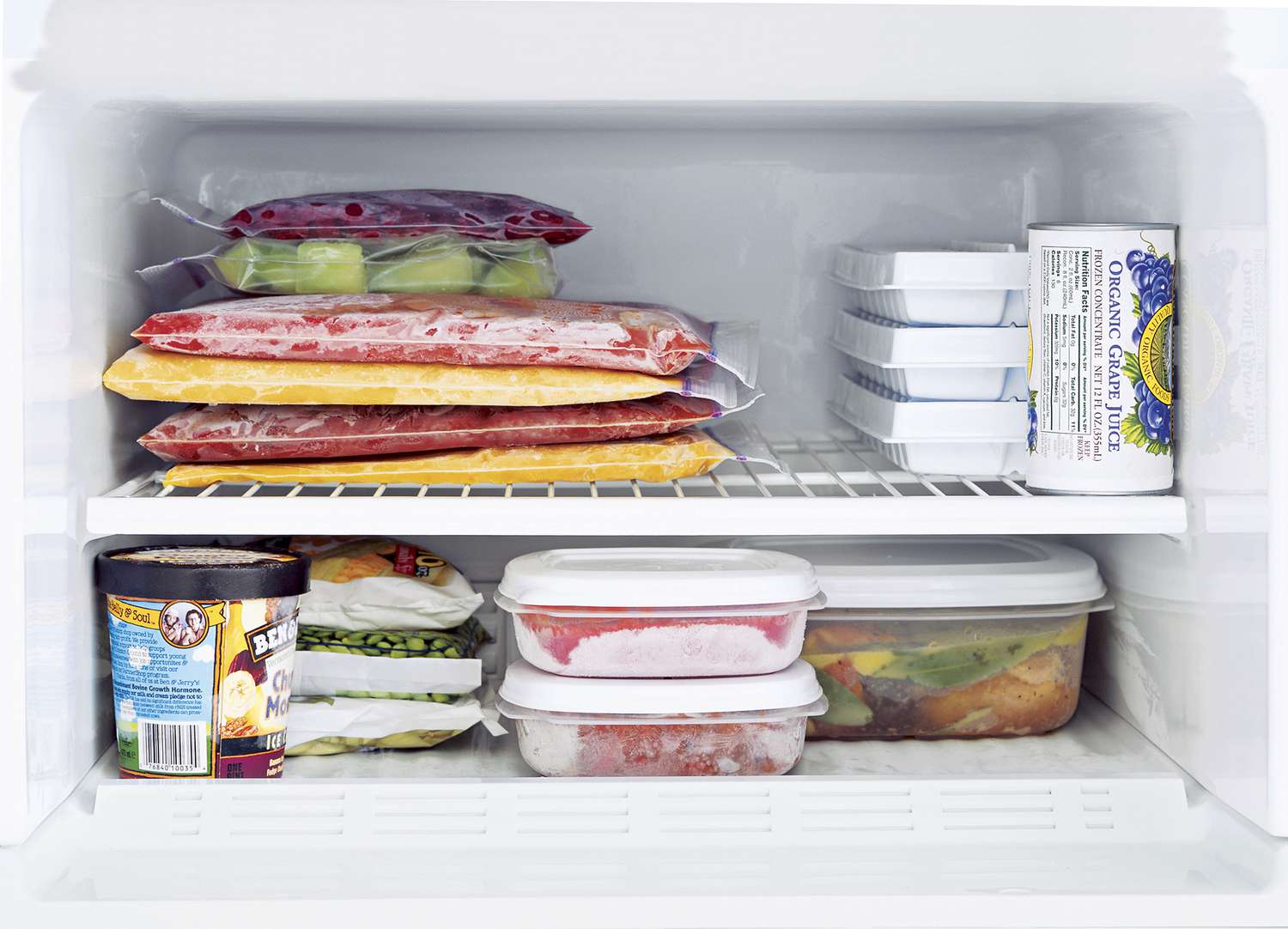
Image Source: Real Simple
Freezer Burn
You’ve probably heard of freezer burn before, but you might not be familiar with what it is exactly. Freezer burn is a certain condition that takes place when frozen food becomes damaged by oxidation and dehydration due to circulating air inside of the freezer.
It usually happens when food is improperly secured in airtight packaging before being placed into the freezer. Freezer burn manifests as a brown-grey leathery spot on frozen food and is caused by air reaching the surface of the food and drying it.
The spots are the result of chemical changes within the pigment of the food. Freezer burn really causes dry spots to appear on food but it does not make the food itself unsafe to eat.
Foods with freezer burn are still edible, but removing the burnt areas will improve the taste.
Rules to Remember When Freezing Foods
First Rule
There are a couple of rules to keep in mind when considering which foods should be frozen and which should not. The first rule and perhaps the most important one is that if the food did not taste good in the first place, freezing it won’t make it taste any better.
In most cases, the food will end up tasting worse. Freezing alters the texture of foods as they are reheated, so there’s not really any chance that the food will taste better.
Second Rule
The second rule is that if you plan on freezing food that is raw and has a high content of moisture, like watermelon and cucumbers, and you plan on eating it again in its raw state, don’t freeze it at all.
The moisture keeps the food intact and it will not be the same after it has thawed. Just imagine putting a defrosted tomato on your salad.
Third Rule
The third and final rule is that you should never freeze anything creamy or dairy-based. Blocks of cheese, custards, and yogurts all react badly if frozen.
While in the freezer, the curds will begin to separate from the whey, and you’ll find a dish of a separated mess rather than the creamy dish you put in the freezer in the first place.
Keep in mind that we are only referring to these foods as individuals – freezing entire meals is a different story.
Eating some of the foods that we will list below after you have frozen them will not kill you. You just should not expect them to taste and feel the same once they have been defrosted. If you don’t mind the altered taste and texture, then go ahead and freeze them.
What Not to Freeze
Fruits – Grapefruits, apples, grapes (unless you want to eat them frozen), limes, lemons, watermelon, and oranges – However, citrus zest can be frozen.
Vegetables – Cucumbers, celery, onions, lettuce, peppers, particularly green peppers, potatoes, especially when raw, sprouts, radishes, salad greens.
Herbs when frozen in sprigs – Chives, basil, parsley, and other soft herbs.
This is just the beginning of the list of food that should not be frozen. If you are ever unsure about a particular food, it is best to do some quick research.
Common Food-Freezing Myths
There are plenty of myths about freezing foods. One of the most common is that foods can be frozen indefinitely. From a food safety standpoint, this is somewhat true, but quality suffers the longer food is frozen.
The way you store an item in the freezer will also have an influence on its lifespan. As we mentioned earlier in the article, if you do not pack your frozen foods tightly, you risk them becoming freezer burnt.
Another common food myth is that when you freeze foods, you kill any bacteria that may have been on them. All that freezing food does to bacteria is it renders them inactive rather than outright killing them.
Whatever harmful bacteria is on your food before you froze it will be there once it’s thawed.
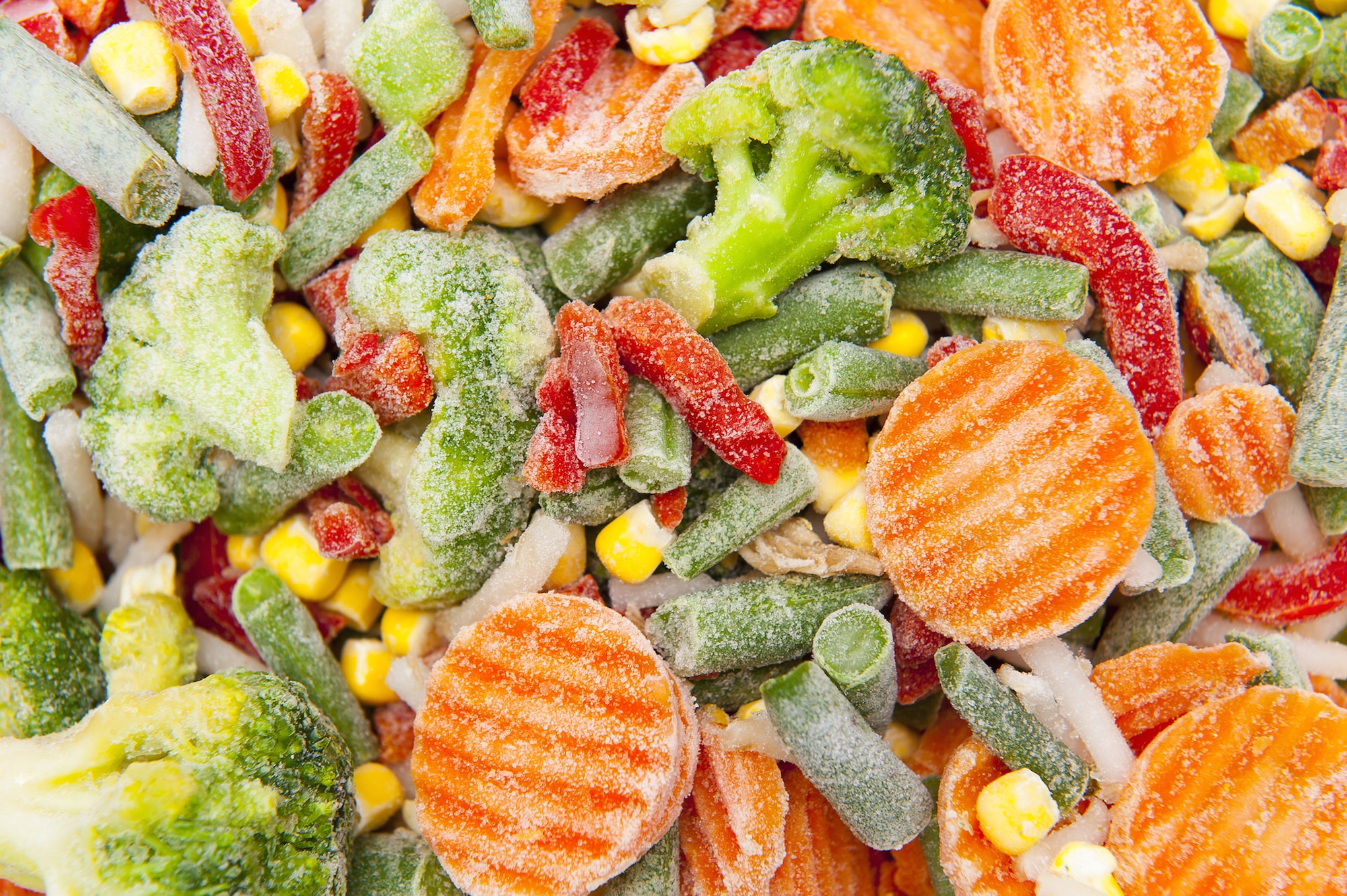
Image Source: Epicurious
Summary
While freezing food is important and useful, it is even more important to know what foods can be frozen and which ones can’t. We hope to have made this a little bit clearer!



